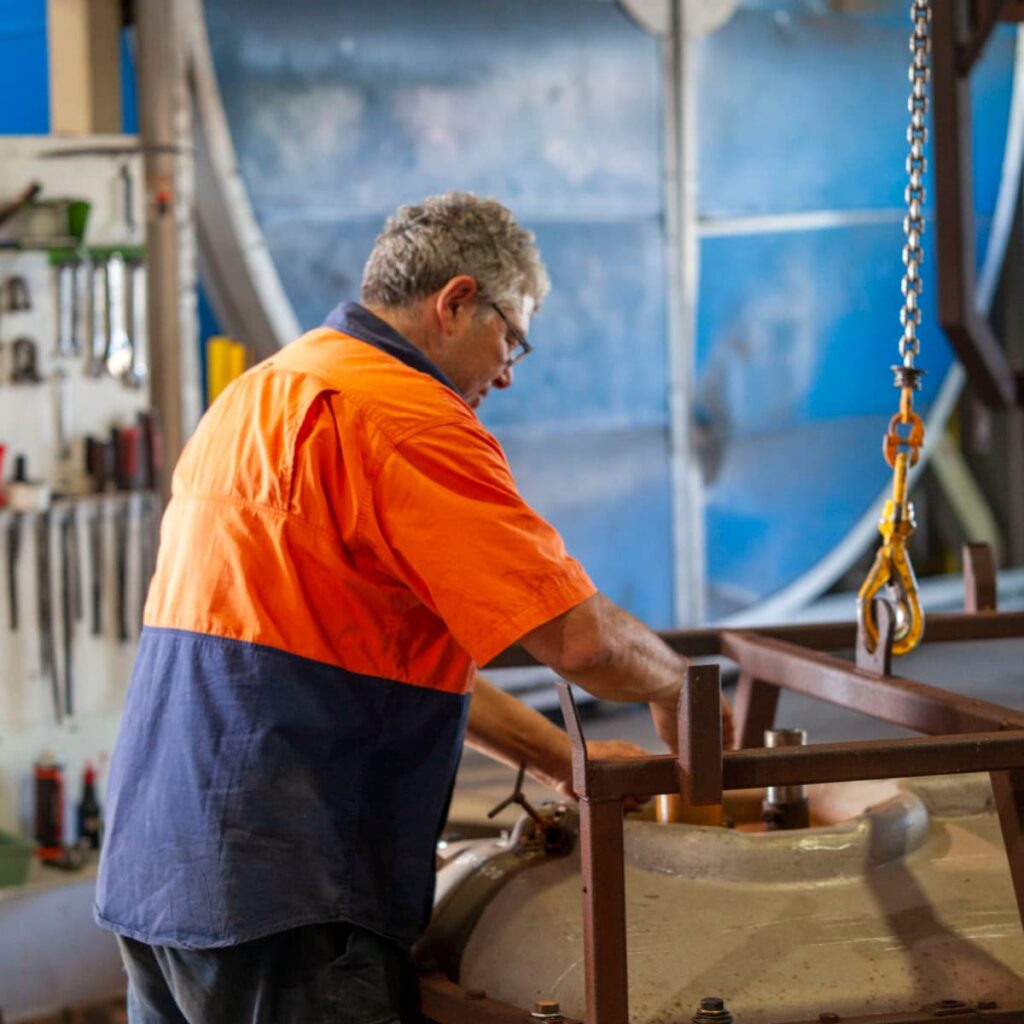Everything You Need To Know About Polyethylene
What is Polyethylene? So what is Polyethylene? Well, you’ve probably held it in your hands many times, whether you realised it or not. Polyethylene is
How to design an innovative new plastic product
Over the last decade, the demand for innovative, new plastic products has gained incredible interest. As a material, plastic offers a number of possibilities but,
Can diesel be stored in plastic tanks?
At Global Rotomoulding, our tanks are built for more than just water storage. Spend a minute on our website and you will see our product
Chemical Storage Tanks: Poly Tanks For A Wide Range Of Chemicals
Are you looking for a tank to store and transport chemicals? One that is durable and can withstand the harsh Australian climate? Well, you’ve come
Cartage Tanks: Reliable storage with Australia’s best tanks
Are you looking for a reliable cartage tank to transport liquids such as diesel, molasses, fertiliser or water around your property? An Australian-made cartage tank
The difference between portable water tank styles
Portable water tanks are engineered for increased mobility and to support the transportation of water. These tanks come in different shapes, sizes and materials. If
Fundraising For Livestock Farmers in Broken Hill
After eight months of lobbying, producers in the Far West regions of NSW are breathing a sigh of relief after the NSW Government opened applications
Finding an Australian manufacturer for your plastic product
Are you looking for a manufacturer for your plastic product? You may be tempted to send the work overseas, but what if you could keep
Adding aquaponics to you permaculture design
Sustainable living is becoming increasingly popular as everyday people begin to realise that our planet’s resources are starting to wear a little thin.Farmers, hobby farmers
Designing New Plastic Products With Global Rotomoulding
Getting your new plastic product off the ground is always challenging. There are concept designs to map out, prototypes to test, and materials to consider.
Manufacturing Plastic Products
Are you searching for the ideal manufacturer for your unique plastic product? There are many factors to consider when choosing the right plastic manufacturer for
How can you use the On-Farm Drought Infrastructure Support Grants?
The Victorian Government, in partnership with Rural Finance, recently announced over $24million in funding and support for Victorian farmers, to assist them in preparing and

